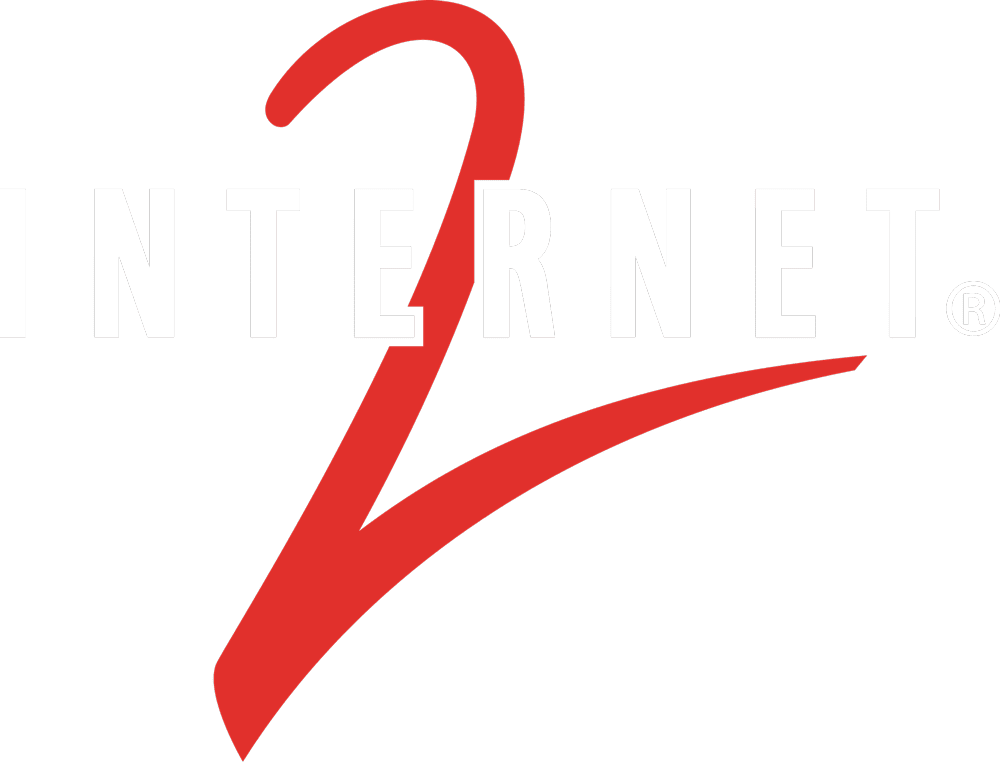17
February
2021
Survey Results: Broadband Infrastructure Support, Workforce Development are Key Issues Facing Minority-Serving Institutions
Estimated reading time: 5 minutes
291 respondents across 144 minority-serving institutions completed the survey; 57% cited funding/resources and 17% cited staff/institutional support as the two biggest barriers to achieving their high-performance computing cyberinfrastructure goals
HUNTSVILLE, Ala., and WASHINGTON, D.C., Feb. 17, 2021 – A nationwide survey conducted in December 2020 by the Minority Serving-Cyberinfrastructure Consortium (MS-CC) in collaboration with Internet2 determined that there is a strong need for broadband infrastructure support and to prioritize workforce training and development investments for minority-serving institutions, including historically Black colleges and universities (HBCUs), Hispanic-serving institutions (HSIs), and tribal colleges and universities (TCUs).
The survey is part of a national effort to help minority-serving institutions advance the STEM (science, technology, engineering, and mathematics), health, social science, and humanities education and research priorities that call for increased access to and use of data management and computing resources by the higher education community.
“These are issues that we were all well aware of within the consortium but being aware of them is not enough, we have to start doing something,” said Dr. Damian Clarke, chief information officer at Alabama A&M University, and a member of the MS-CC leadership council. “There is an immediate present need for broadband infrastructure across all minority-serving institutions. When we talk about broadband, this includes broadband that connects an institution and broadband that is distributed via wired and wireless connections across the campus.”
The survey results, released during a webinar on Feb. 3, include participation by 49 of the 101 HBCUs, 63 of the 539 minority-serving institutions, and 32 of the 38 TCUs in the American Indian Higher Education Consortium. A diverse range of professions completed the survey, including educators, researchers, cyberinfrastructure professionals, senior administrative leaders, students, leaders and staff in not-for-profits, STEM support organizations, and representatives of government agencies.
“The idea behind the survey is to provide access to data that will improve proposals that minority-serving institutions make to the funding agencies,” said Bobby Clark, director, CCIT procurement and vendor management, Clemson University. “Now we have empirical evidence to really focus on those items.”
Among the survey’s most significant findings is that connectivity, equipment, security, and access to technology were the most valued priorities that respondents favored to support the goals and objectives of research programs at minority serving institutions. Data storage, data management, and data analytic were a close second in helping institutions meet their data and research computing goals.
“A common need for all our colleges is the actual infrastructure, the hardware and connectivity, without which you can’t stand up the kinds of data, computing services, and resources that are universally being identified as essential to supporting advanced science and engineering and mathematics,” said Al Kuslikis, senior associate for strategic initiatives, American Indian Higher Education Consortium. “That infrastructure also includes data storage, data management and data analytics. The actual use of the infrastructure to inform data driven decision making and to deliver programming in research computing across all disciplines.”
Additional findings include strong support for collaboration and engagement among minority-serving institutions, the need for accessible and responsible data infrastructure for campus operations, and strong potential for data and computing to advance issues central to community culture and societal disparities.
“Collaboration is a key indicator among all respondents,” said Dr. Deborah Dent, chief information officer at Jackson State University, and a member of the MS-CC leadership council. “It’s not just the equipment, it’s also the people. It is important that our cyberinfrastructure professionals are able to communicate with each other and build a coalition to advocate for our needs as a group. There’s strength in numbers.”
WayMark Analytics, a social impact company that conducts mission-driven stakeholder mapping surveys, developed the MS-CC survey and analyzed the results. To learn more about the survey, watch a recording of the presentation, and download the presentation slides, visit https://internet2.edu/solutions/minority-serving-institutions/
About Minority Serving-Cyberinfrastructure Consortium
MS-CC envisions a transformational partnership to promote advanced cyberinfrastructure (CI) capabilities on HBCU, HSI, TCU, and MSI campuses, with data; research computing; teaching; curriculum development and implementation; collaboration; and capacity-building connections among institutions. The consortium emerged from a National Science Foundation funded pilot project that was awarded through Clemson University: NSF OAC #1659297 “CC* Cyber Team: Cyberinfrastructure Empowerment for Diverse Research, Scholarship, and Workforce Development (CI Empower).” This included South Carolina State, Claflin University, Jackson State and Morgan State Universities, which supported MS-CC meetings, visioning, and chartering efforts. A working group of 20 participants formed from a workshop at Georgia Tech in June 2018 that helped create a chartering document. For more information, visit www.ms-cc.org.
About Internet2
Internet2® is a non-profit, member-driven advanced technology community founded by the nation’s leading higher education institutions in 1996. Internet2 serves 322 U.S. universities, 60 government agencies, 43 regional and state education networks and through them supports more than 100,000 community anchor institutions, close to 1,000 InCommon participants, and 56 leading corporations working with our community, and 70 national research and education network partners that represent more than 100 countries.
Internet2 delivers a diverse portfolio of technology solutions that leverages, integrates, and amplifies the strengths of its members and helps support their educational, research and community service missions. Internet2’s core infrastructure components include the nation’s largest and fastest research and education network that was built to deliver advanced, customized services that are accessed and secured by the community-developed trust and identity framework.
Internet2 offices are located in Ann Arbor, Mich.; Denver, Colo.; Washington, D.C.; and West Hartford, Conn. For more information, visit www.internet2.edu or follow @Internet2 on Twitter.
Media Contact:
Sara Aly
Communications Manager, Internet2
saly@internet2.edu
